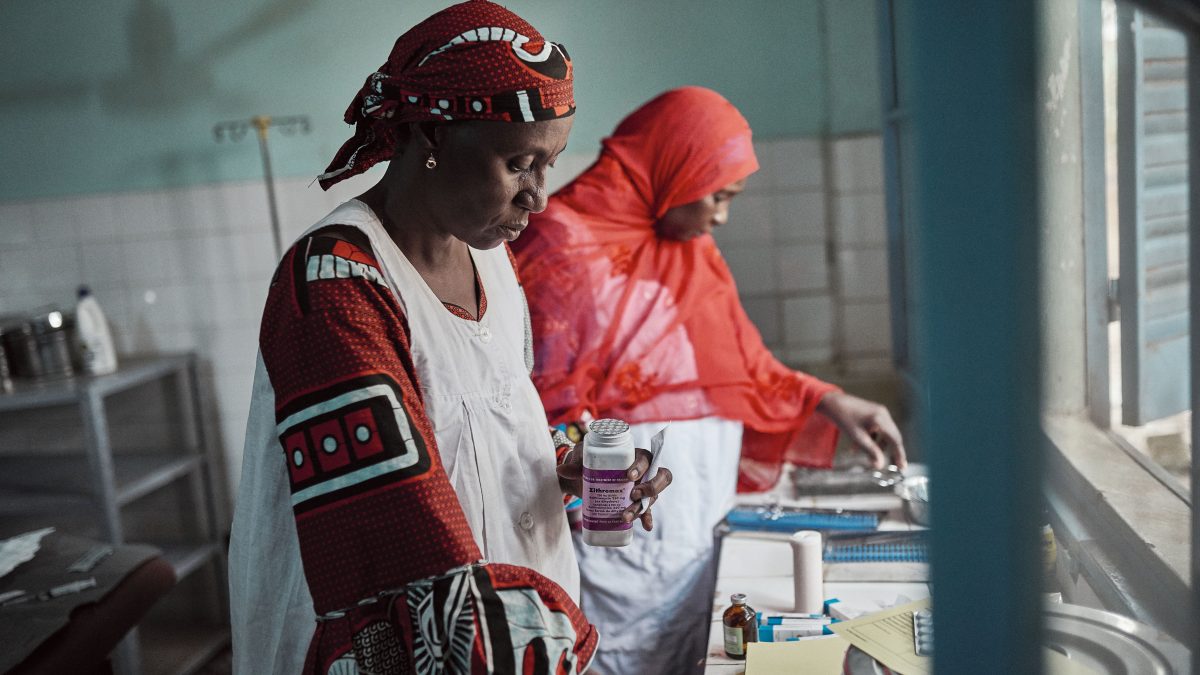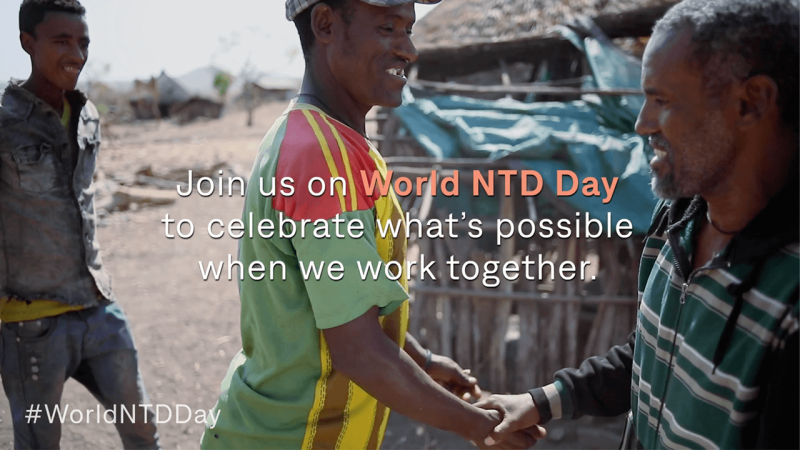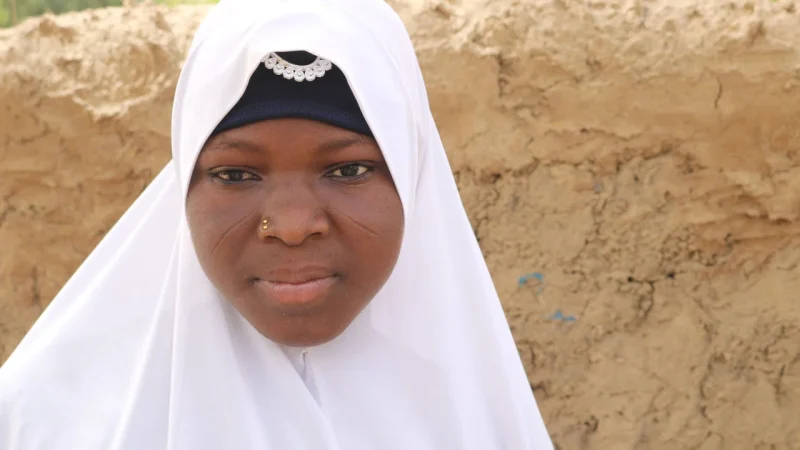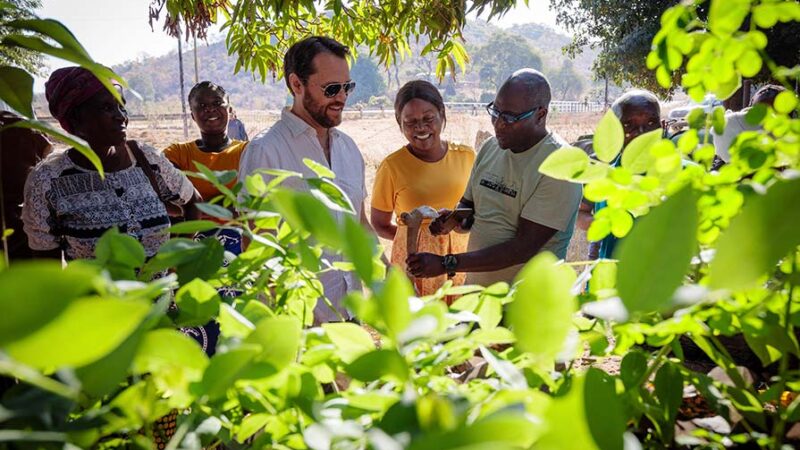Niger

Beginning in the 1990s, The Carter Center has worked with ministries of health to combat Guinea worm disease and trachoma in Niger.
Short-term Goals
We are working to prevent trachoma, a major public health problem in the country that can lead to blindness if left untreated.
Impact
- In 2013, the World Health Organization certified that Niger had eliminated Guinea worm disease.
- Using lessons learned from the Guinea Worm Eradication Program, the country has made significant progress in preventing trachoma, a devastating bacterial disease that can result in blindness.
Characterizing Trachoma Elimination Using Serology
Effect of Biannual Mass Azithromycin Distributions to Preschool-Aged Children on Trachoma Prevalence in Niger
Effect of Mass Azithromycin Distributions on Childhood Growth in Niger: A Cluster-Randomized Trial

Related Content
Global Impact Starts with You
Your support sustains the Carter Center's mission of waging peace, fighting disease, and building hope around the world.



